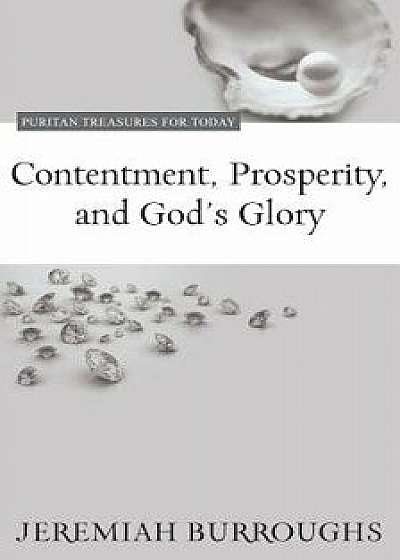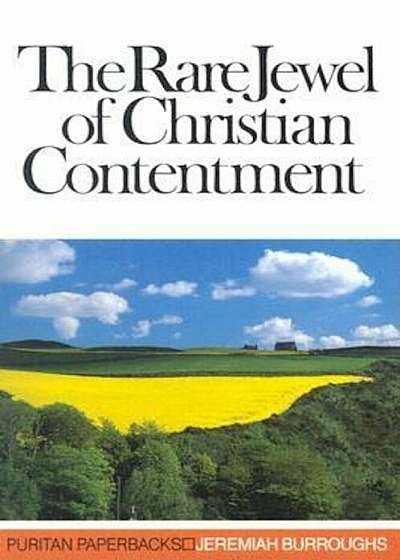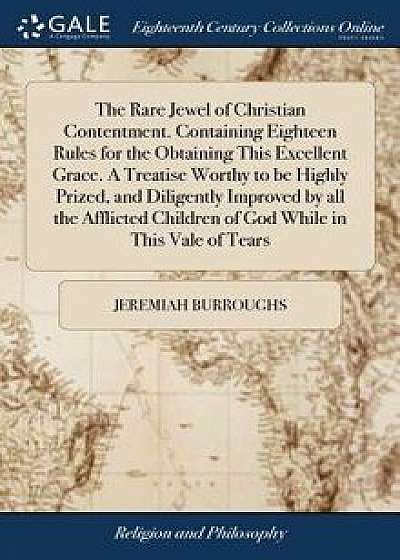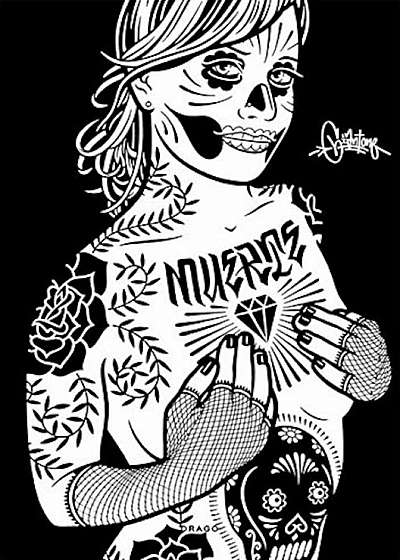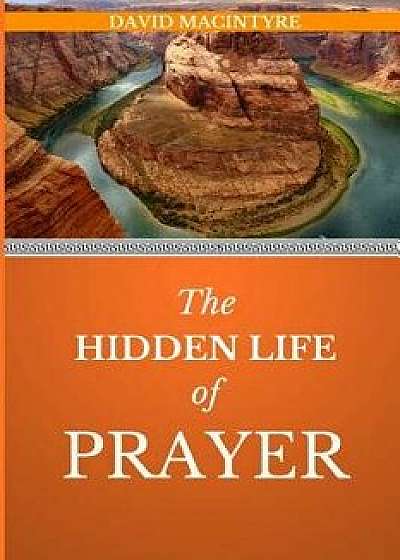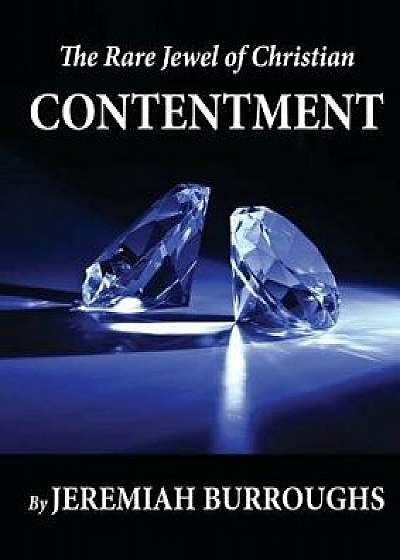
The Rare Jewel of Christian Contentment, Paperback/Jeremiah Burroughs
Descriere
Description While hundreds of even Christian books today purport to help readers find contentment and happiness, few-if any-survive the test of time or human experience. This great book, written almost 400 years ago by Jeremiah Burroughs, addresses the basic problems of human suffering and discontent. More than that, it offers a timeless and tested solution. Like many other 16th and 17th century writers, Burroughs didn't mince words, cater to the fickle tastes of the reading public, or care about political correctness. He preached the truth. True contentment, he argued, is achieved by subtraction rather than addition; by surrender rather than struggle. The depth of thought by Jeremiah Burroughs and his fellow Puritan writers is rarely approached by modern authors. Burroughs takes readers through the ABC's of Christian living, pointing out that the root of discontentment is very often the failure to desire God's will in everything. Because true contentment comes from the inward state of the heart (rather than outer circumstances), a Christian can be content regardless of circumstances. The importance of learning to be content, for the Christian, would be difficult to overstate. Contentment helps in the battle against temptation, prepares the Christian for service, and brings comfort no matter how bleak the current outlook might be. "Certainly our contentment does not consist in getting the thing we desire, but in God's fashioning our spirits to our conditions," wrote Burroughs. He understood the big picture-that Christians who learn to be more content can better serve and glorify God. That fact, in the end, is why this book remains so important and useful for followers of Christ. Read and meditate upon this great work It will set your heart on fire and elevate your soul. About the Author Jeremiah Burroughs (1600-1646) was an English Congregationalist and a well-known Puritan preacher. Burroughs studied at Emmanuel College, Cambridge, and was graduated M. A. in 1624, but
